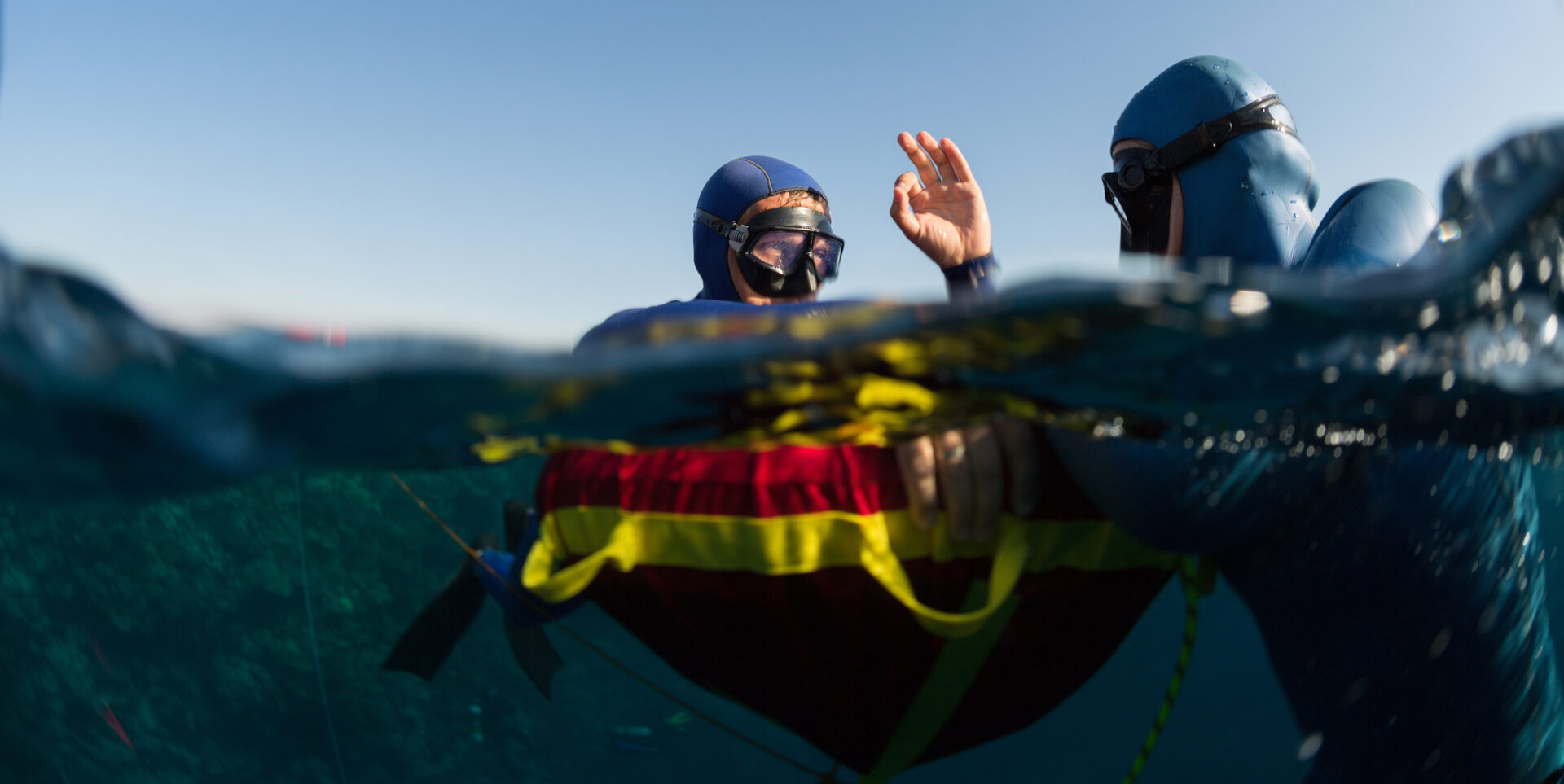
Your safeguarding adults policy and procedures provide essential guidance for appropriately handling and responding to safeguarding concerns.
These documents can also set your standards for continuous improvement, and for open and honest communication across your organisation.
Getting your policies and procedures right will help minimise the risk of harm in your club or organisation. It will outline how people in your organisation can effectively respond to concerns, while ensuring that all staff and volunteers have the appropriate safeguarding knowledge.
Why You Need Safeguarding Policy and Procedures For Your Sport
A safeguarding adults policy and procedures document sets out the best practice framework for your club or organisation to respond to safeguarding concerns. At the same time, it promotes the importance of safeguarding adults throughout the whole organisation.
You must actively work to prevent abuse from occurring within your organisation. You must be prepared to respond proportionately if abuse or neglect has occurred.
If you do not, you may fail to meet your duty of care obligations, which could leave people in your sport vulnerable to harm.
Learning to Spot the Signs of Abuse
There are many signs that might indicate that someone may be experiencing some form of harm, and not all of them are obvious. Someone might start behaving slightly differently. They may appear more subdued or withdrawn than normal. Or someone might stop showing up, with no warning.
The question is, do you know what signs to look out for that might indicate that something’s not right? And more importantly, would you know what to do if you ever suspected that someone was suffering from some form of abuse? Who would you report to? And what actions would they take to address the issue?
These are exactly the sort of questions you should look to answer with your policies and procedures. If you or anyone in your organisation ever needs some guidance, they should be able to look to your policies and procedures for guidance.
Do People In Your Club Or Organisation Understand the Process for Reporting Concerns?
Your policies and procedures could also outline the steps people in your club or organisation could take if they ever have a safeguarding concern – along with the steps you will take when someone raises a concern.
You need to pay attention and take appropriate action whenever anyone raises a concern. It does not matter where the concern has come from, and it does not matter what evidence the person presents. You need to take every concern seriously.
But do people in your club or organisation understand the process for reporting concerns? Don’t let this become a barrier. You must make the reporting process both accessible and supportive.
Even concerns that do not meet the threshold for police action still present a risk to your club or organisation, and to the individuals who participate.
If you do not treat concerns seriously, you may allow poor behaviours to become normalised within your sport or activity. Unhealthy and toxic cultures in sport and activity increase the risk of abuse, impacting everyone’s welfare, safety, and wellbeing.
Writing Your First Safeguarding Policy and Procedures
Where do you begin in writing safeguarding policy and procedures for your sport club or organisation?
You should not feel like you’re alone in trying to improve best practice standards at your club or organisation. That’s why we created The Safeguarding Adults Roadmap.
By breaking the process down into six manageable stages, The Roadmap is here to help you develop effective strategies for implementing meaningful policies and procedures in your sport.
The Safeguarding Adults Roadmap – Stage Three – Develop and Learn
In stages one and two of your Roadmap journey, you established what needs to change in your club or organisation and devised a plan of action to make that change happen.
In stage three, you’ll develop some policies, procedures, and training materials for your club or organisation. This will help you embed the changes you make as part of your Roadmap journey.
You’ll develop a Safeguarding Adults policy and establish a process for reviewing it. You’ll also develop some safer recruitment procedures, along with an induction process for any new staff or volunteers that join your club or organisation, and ongoing codes of conduct and other expectations for everyone involved in your sport.
In stage two we invited you to establish your staff training needs. In stage three you’ll develop a training matrix. This means you’ll always be able to identify what sort of training everyone involved in your club or organisation needs depending on their responsibilities.
Finally, in stage three you’ll think about your procedures for receiving and managing concerns if and when they’re reported. This may require you to familiarise yourself with certain safeguarding legislation – such as the Mental Capacity Act, which specifies that all adults involved in safeguarding concerns must be involved in the decision-making process.
The work that Ann Craft Trust has carried out with BSAC over the years has been invaluable for us. The Safeguarding Adults Roadmap will help set high safeguarding standards for all of us at NGBs. Stage three will help you ensure that you have procedures for receiving and managing concerns when reported. It will also help you identify your training needs in your team, so you will be better equipped to deal with reports and have the confidence to ensure you are managing the process correctly.
Mary Tetley, CEO, BSAC

